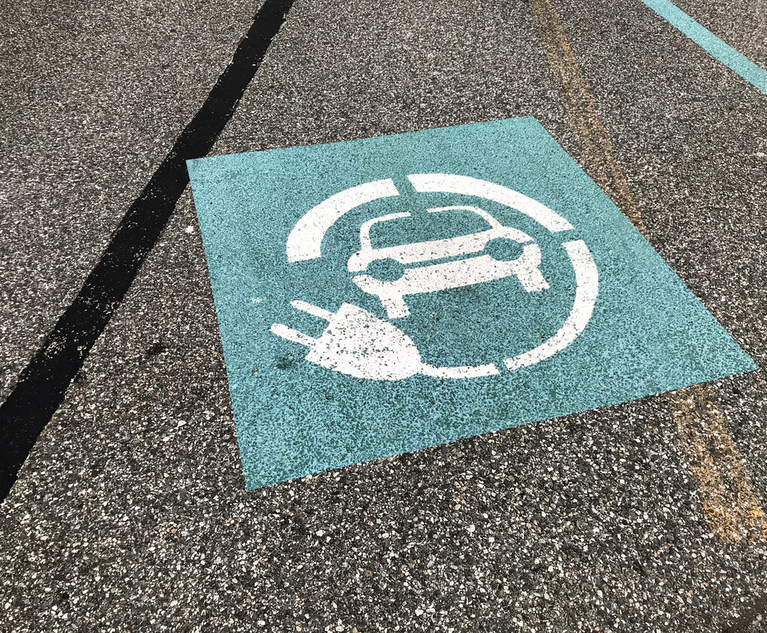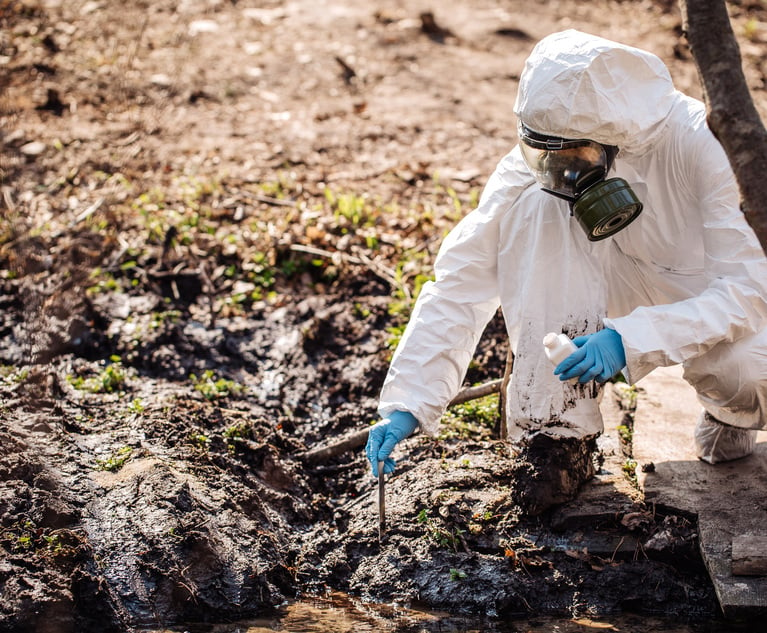The Laws of 2021 included several enactments of interest to environmental lawyers. In the past year the legislature’s attention moved beyond the familiar and traditional environmental concerns of air and water pollution and hazardous waste to focus on the cutting-edge issues: global warming / climate change; renewable / alternative energy including solar and wind; and alternative fuel vehicles.
Global Warming Policy (1989–2022)
As early as 1989, New Jersey recognized that its 127-mile shoreline was highly vulnerable due to greenhouse gas (GHG) emissions that contribute to global climate change and sea-level rise. See Gov. Kean, Executive Order No. 219. According to the USEPA, carbon dioxide is the primary GHG; other contributors include methane, nitrous oxide and fluorinated gases. But it’s one thing for the government to recognize the risk of harm, it’s quite another to do something about it.
This content has been archived. It is available through our partners, LexisNexis® and Bloomberg Law.
To view this content, please continue to their sites.
Not a Lexis Subscriber?
Subscribe Now
Not a Bloomberg Law Subscriber?
Subscribe Now
LexisNexis® and Bloomberg Law are third party online distributors of the broad collection of current and archived versions of ALM's legal news publications. LexisNexis® and Bloomberg Law customers are able to access and use ALM's content, including content from the National Law Journal, The American Lawyer, Legaltech News, The New York Law Journal, and Corporate Counsel, as well as other sources of legal information.
For questions call 1-877-256-2472 or contact us at [email protected]


 Photo: Diego M. Radzinschi/ALM
Photo: Diego M. Radzinschi/ALM




